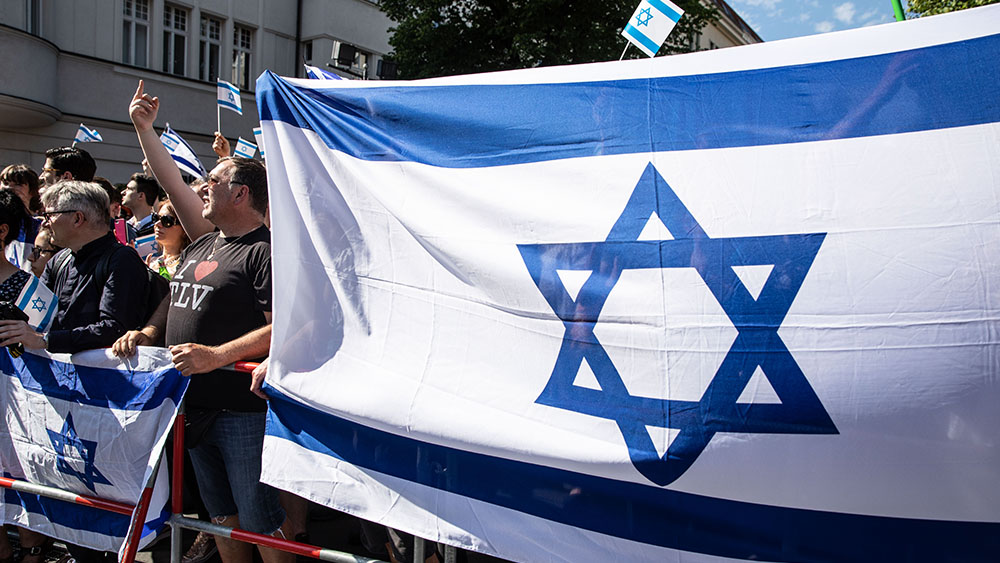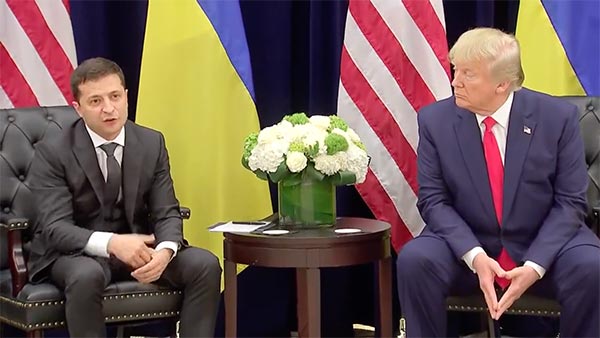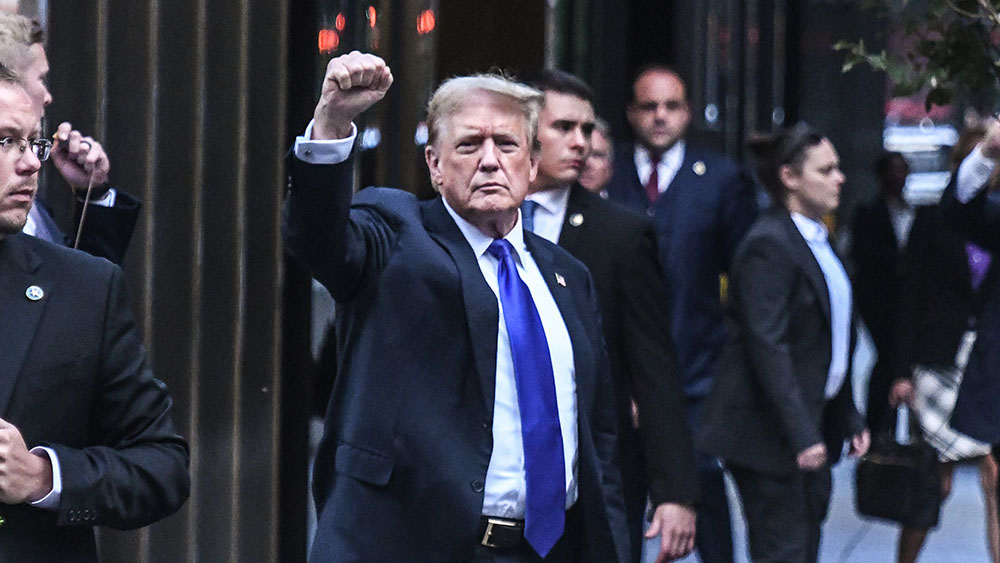ADL files election law complaint against pro-peace Jewish group but says nothing about AIPAC violating campaign finance laws
06/10/2024 / By Cassie B.

The Anti-Defamation League (ADL) has filed a complaint with the U.S. Federal Election Commission against a pro-peace Jewish group known as Jewish Voice for Peace.
The pro-Israel ADL is accusing the anti-Zionist Jewish Voice for Peace’s political action committee of campaign finance law violations. Specifically, they identified “financial discrepancies” that they believe warrant sanctions and want the group to disclose how it has been spending the money it receives in donations.
The Jewish Voice for Peace PAC is a “sister organization” of the Jewish Voice for Peace. The group has provided funding and help to organize many of the campus protests that have been seen throughout the nation in recent months.
JVP-PAC has backed a slew of politicians who are critical of Israel, including Representative Rashida Tlaib (D-Michigan), who has said that she considers the massacre of Israelis carried out by Hamas on October 7 “resistance” and has been censured by Congress for calling for Israel to be destroyed. The political action committee has also called on voters to back Representative Ilhan Omar (D-Minnesota), who has been facing accusations of “blood libel” for saying the Jewish students were “pro-genocide.”
This has drawn the ire of the ADL, who said in their formal complaint to the FEC that JVP-PAC spent nearly $83,000 from 2020 to 2023 but just $1,775 made its way to candidates.
The chief legal officer of the ADL, Steven Sheinberg, said: “I don’t know what they are doing with the money. But they are not doing what they are supposed to be doing. According to public filings, it looks like they received money, didn’t pay taxes on it and did not give the money to candidates. Considering JVP’s involvement in all manner of anti-Israel protests, I would like to know what the PAC money is being spent on.”
They have also been accused of breaking the law by accepting illegal contributions from donors who had already given them the maximum of $5000 per year. Moreover, the complaint claims that they gave nearly $20,000 to an insurance firm and listed it as legal expenses despite the insurer not practicing law. The complaint could lead to an investigation by the FEC into what the money was really used for, which may result in sanctions.
ADL looks the other way when it comes to pro-Israel AIPAC
Of course, the ADL doesn’t seem to have a problem with the pro-Israel lobby American Israel Public Affairs Committee (AIPAC) violating election laws, even though there are accusations against AIPAC that go back to at least 1989.
More recently, the group came under fire after accepting tens of thousands of dollars in donations from Stephen Rosedale, the leader of Friends of Nahal Haredi, an American nonprofit that supports the all-male Netzah Yehuda Israel Defense Forces battalion. Netzah Yehuda is notorious for human rights violations in the West Bank and abuse of Palestinians, including an incident that resulted in the death of an elderly Palestinian-American man. The incident put the group’s name on a short list for sanctioning, which would have cut off their supplies of military aid and weapons, but the Biden administration ultimately chose not to sanction them after caving to pressure from Israeli officials. However, they continue to receive millions of dollars from Rosedale’s organization, as does AIPAC.
The co-founder and president of the Arab American Institute, Jim Zogby, said: “It’s absolutely incomprehensible that we provide tax write-offs to American citizens who use their funds to support groups and activities that are clear violators of human rights and violators of what is essentially American policy.”
He added: “And now, some of the very groups that we are holding up as sanctionable for their human rights behavior similarly are getting tax write-offs. It’s simply something that ought to end.”
However, since AIPAC is hard at work trying to silence those who are critical of Israel, the ADL is perfectly willing to look the other way on their questionable financing activities.
Sources for this article include:
Submit a correction >>
Tagged Under:
ADL, AIPAC, bias, conspiracy, corruption, deception, election laws, FEC, Israel, money supply, political action committees, Suppressed
This article may contain statements that reflect the opinion of the author



















